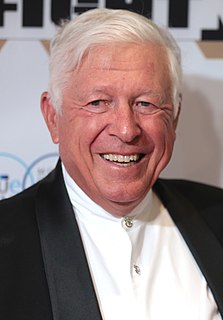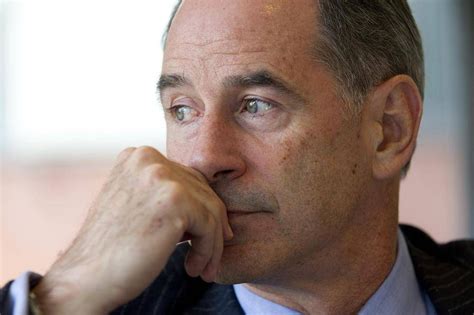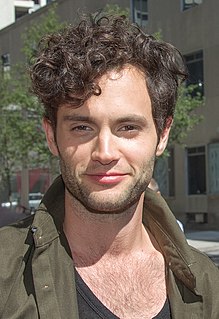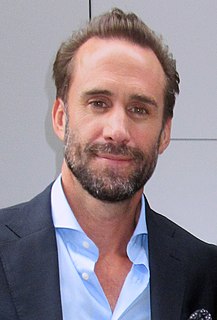A Quote by Joe Lonsdale
I am not by any means a philosopher, although I have worked with some talented people in the discipline. But certain philosophical concepts deeply inform the way I think about the world. The idea of 'opposing truths at extremes' is a powerful concept that I came to appreciate in my twenties.
Related Quotes
For what is important when we give children a theorem to use is not that they should memorize it. What matters most is that by growing up with a few very powerful theorems one comes to appreciate how certain ideas can be used as tools to think with over a lifetime. One learns to enjoy and to respect the power of powerful ideas. One learns that the most powerful idea of all is the idea of powerful ideas.
I like to think that people can see that and appreciate that idea and then, by some mechanism of wearing the fragrance, sort of carry that idea with them in their own life. Whether it's a weekend in Louisiana or in New York City or in Venice, Italy, or wherever they may be. I think there's something kind of fascinating and powerful about that.
The news is a public service. It's a way to inform people of what's going on in their world. And when you make it about ratings and make it about ad dollars, there's no incentive to inform people. The incentive is to be sensationalistic and get as many people to watch as you can without any regard for truth or objectivity.
The experimentalists think that we can only get at our concepts by way of empirical investigation, while the armchair philosophers think that we can skip the experiments and figure things out from our armchairs. What they have in common, however, is regarding our concepts as the targets of philosophical theorising, and I just don't think that, in the vast majority of cases, the subject matter of philosophy has our concepts as its target.
In order to have a hope of creating better answers, we need to deeply understand the logic of the opposing answers. That means thinking about how we think about both models - not just do we like one versus the other. Rather we have to ask: How do I think each model produces the results that it does? Metacognition, thinking about thinking, builds up our capacity to do that and to play with opposing ideas - and new models - in real time.
The significance of God, cause, number, substance or soul consists, as James asserts, in nothing but the tendency of the given concept to make us act or think. If the world should reach a point at which it ceases to care not only about such metaphysical entities but also about murders perpetrated behind closed frontiers or simply in the dark, one would have to conclude that the concepts of such murders have no meaning, that they represent no 'distinct ideas' or truths, since they do not make any 'sensible difference to anybody.
I just realized, sometime early on in college, that I wanted to be a philosopher. I basically decided that I wanted to spend my life thinking as deeply and carefully and reflectively as I could about the nature of reality and our human engagement with it, and that taking a philosophical approach was the best way to go about doing this.
I was brought up to believe in free will. Although I came to doubt all revelation, I can never accept the idea that the Universe is a physical or chemical accident, a result of blind evolution. Even though I learned to recognize the lies, the clichés and the idolatries of the human mind, I still cling to some truths which I think all of us might accept some day.
I have this theory that people are actually really hungry for sonic space and understanding words, and I think that people are ready to look back and actually appreciate some of what came before. And then you really do have the entire movement that I'm just going to call feminist, because I am a feminist. I think the education of young girls and women about what came before has started and I think that the knowledge of Fanny is part of that.



































